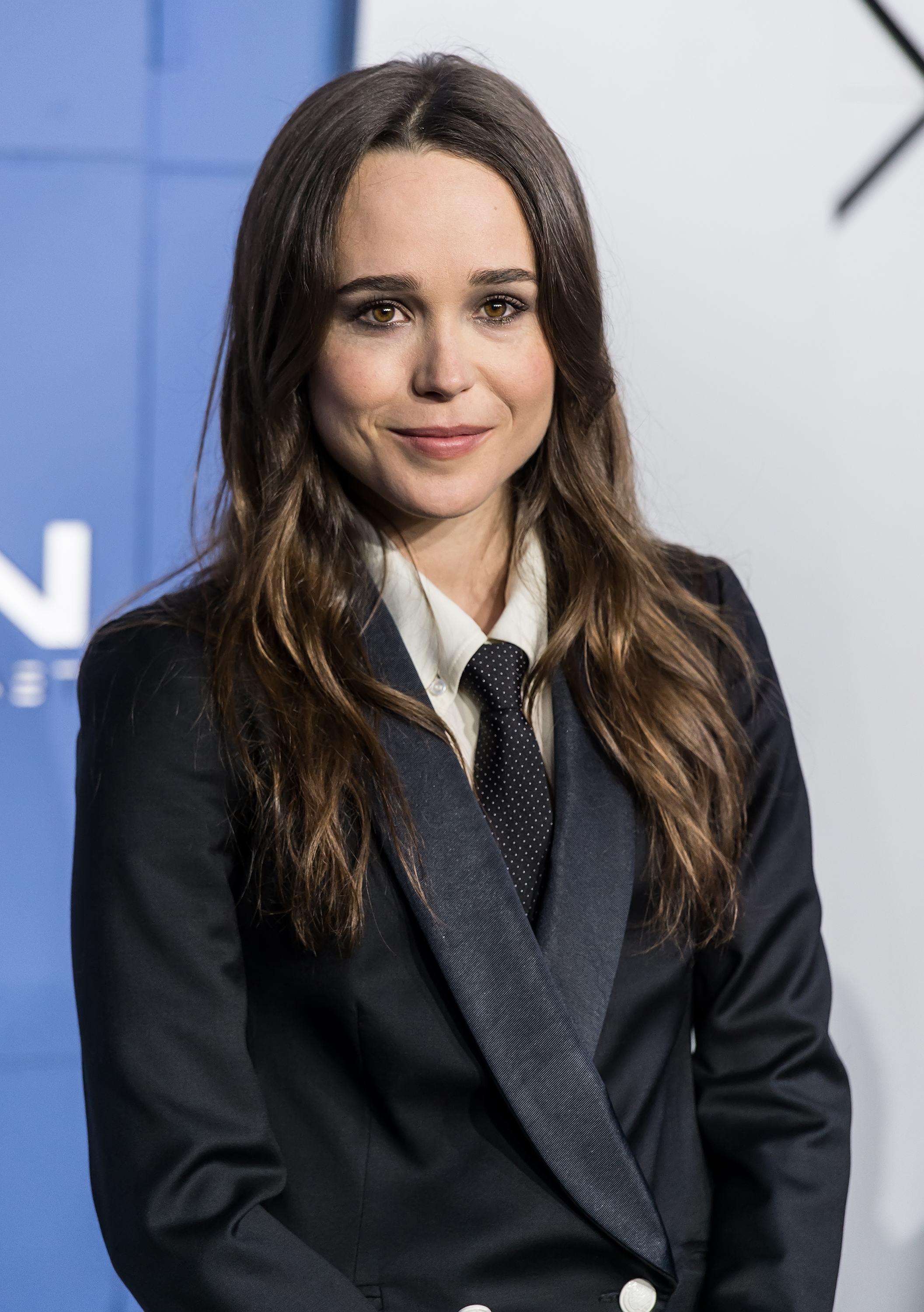
Ellen Page is on a new mission—just don’t call her brave.
Some eight years after her breakout role in Juno made her one of the youngest Oscar Best Actress nominees ever, the actress is taking on a role that’s remarkably rare even today. In Freeheld (out in limited release Oct. 2), she’s playing Stacie Andree, one-half of a lesbian couple that achieved real-world repute; when Andree’s partner Laurel Hester (played by Julianne Moore) was diagnosed with terminal cancer, the pair appealed to have Hester’s police pension transferred to Andree, though marriage wasn’t an option for them. The story became a national news story about gay marital rights in the lead-up to the state-by-state battle the Supreme Court recently ended. It was served as material for an Oscar-winning documentary that forms the basis of Freeheld.
Documentaries are one thing; a feature film with two major actresses is quite another. As a film about the inner lives and the challenges of a lesbian couple, Freeheld is a rarity in a Hollywood that still privileges stories about straight characters; it’s no wonder it took six years to make. And it’s all the more rare that it features an out lesbian movie star, one who’s willing to be outspoken on behalf of what she believes. (Her upcoming projects include the Vice series Gaycation, for which she interrogated Presidential candidate Ted Cruz in Iowa after this interview was conducted.) Since coming out last year, Page says she’s moved beyond depression and is now “excited about life, and motivated and inspired.” But asked if taking on a role that’s somewhat outside where Hollywood is willing to place 28-year-old actresses is “brave,” Page bristles, calling the term “borderline offensive.” After all, she notes, this movie shouldn’t even be a risk: “People want diversity. They want it. Whether they consciously know it or not.”
Page spoke to TIME about the film, why she came out, and what she learned at a Buddhist high school in Halifax.
TIME: It took about six years after you first got involved for this film to get made. What has the wait been like?
I initially got involved because Stacey Sher and Michael Shamberg, who are producers on the film, sent me the documentary. I was shooting a film in Detroit at the time, and just watching the trailer for the documentary—I hadn’t even watched the documentary yet, and I was sitting in my hotel room and just weeping. I said yes right away. It takes a while to find your writer and get that deal done, and they write the script. I guess six years is a long wait, but getting financing independently for a movie that stars two women is tricky anyway.
Did you meet with Stacie? What other research went into this role?
I’d lived with the documentary for a long time, and watched it multiple times over the years. It had been a huge part of my life, and the script had been in my life for a while. Emotionally, I felt connected to it; it had entered me on an emotional level. Stacie was so kind to Julie and me. I spent an afternoon with her. Needless to say, it was emotionally intense and hard for her to talk about these things, but her willingness to talk was really beautiful and generous.
The physicality of playing a woman who ably rotates tires must have been a real shift for you.
That’s not something I’ve ever experienced before. I hate using all these words because I feel like it’s so reductive but it’s more boyish; it was basically about embracing all of that and getting to go further—some part of me, just heightened.
I think, given the effect it might have on your career, yours is the sort of performance people tend to call “brave.” What do you make of that word as relates to actors?
Maybe this is a bad thing to say, but I have a hard time when people call actors brave. I don’t really get that, because our job is to read something on a page.
Unfortunately, though, there really aren’t many movies about LGBTQ people, so it makes it more likely that actors are seemingly taking a career risk by appearing in one.
When people are [called] brave in regards to playing LGBTQ people, that’s borderline offensive. I’m never going to be considered brave for playing a straight person, and nor should I be. It’s hard to say this, because the context of the film is so deeply tragic, but for me there was a deep sense of peace on set that I had not felt in a really long time, potentially since I was a teenager and first having these really beautiful, fortunate moments in films. There was something about being out, getting to play a gay character, and getting to play a woman who is so inspiring to me—it was such an amazing experience for me. Honestly, if I played gay characters for the rest of my career, I’d be thrilled. I wish I could, honestly!
Are you going to try to get more involved on the production side?
Yeah, I have been—there’s one right now that hasn’t been announced yet. I can’t speak to it specifically. And I have two [upcoming projects] that are… “gay.” That’s even a pain to have to call it that, but it’s about two people of the same sex. I’m interested in these stories. Needless to say, I’m thrilled to play a character who’s heterosexual, if it speaks to me. But I’m gay, so when I get to sit in a theater and watch Blue Is the Warmest Color, what an utter joy that is! Because you’re getting to watch something that’s at least close to something you’ve experienced as a gay woman. It’s probably more selfish.
It’s interesting that a lot of people perceive movies like Blue is the Warmest Color or Freeheld as a niche “gay movie,” the way something like Selma is categorized as a “black movie.”
That’s obviously the huge issue, particularly for the LGBT community, but any minority. Native American and Native Canadian people: Where are these stories? I want to see these stories! And I’m hoping the shift is going to come really quick now. It’s evident from what people are watching on television that people want diversity. They want it. Whether they consciously know it or not, I’m not sure, but look at Orange is the New Black. You’re seeing actors that, if that show didn’t exist, we might not have ever seen—that are extraordinary. It makes me excited because the whole reason to go to a film is to disappear into another world, and to have your humanity connect with someone else’s, who you might not ever meet in your life! To be moved and have more compassion, that’s the wonderful thing all art can do, and particularly film! I want to see gay stories, of course, because I’m gay, and I want to connect to a reflection of my life on film. But I also want to see what it’s like to be a young Native person, African-American, African-Canadian. Hopefully that will keep changing.
Here's What 20 Famous Women Think About Feminism
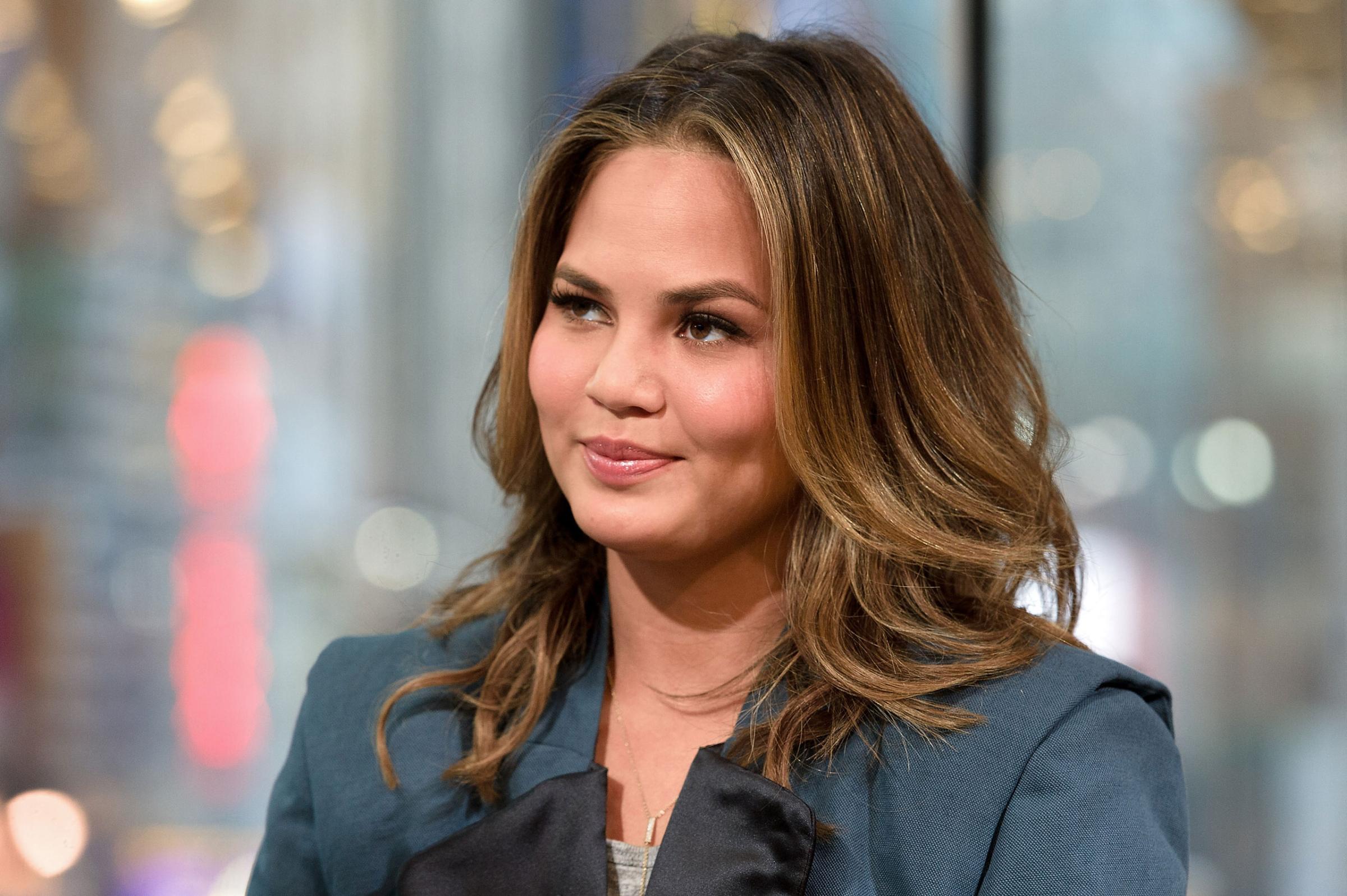
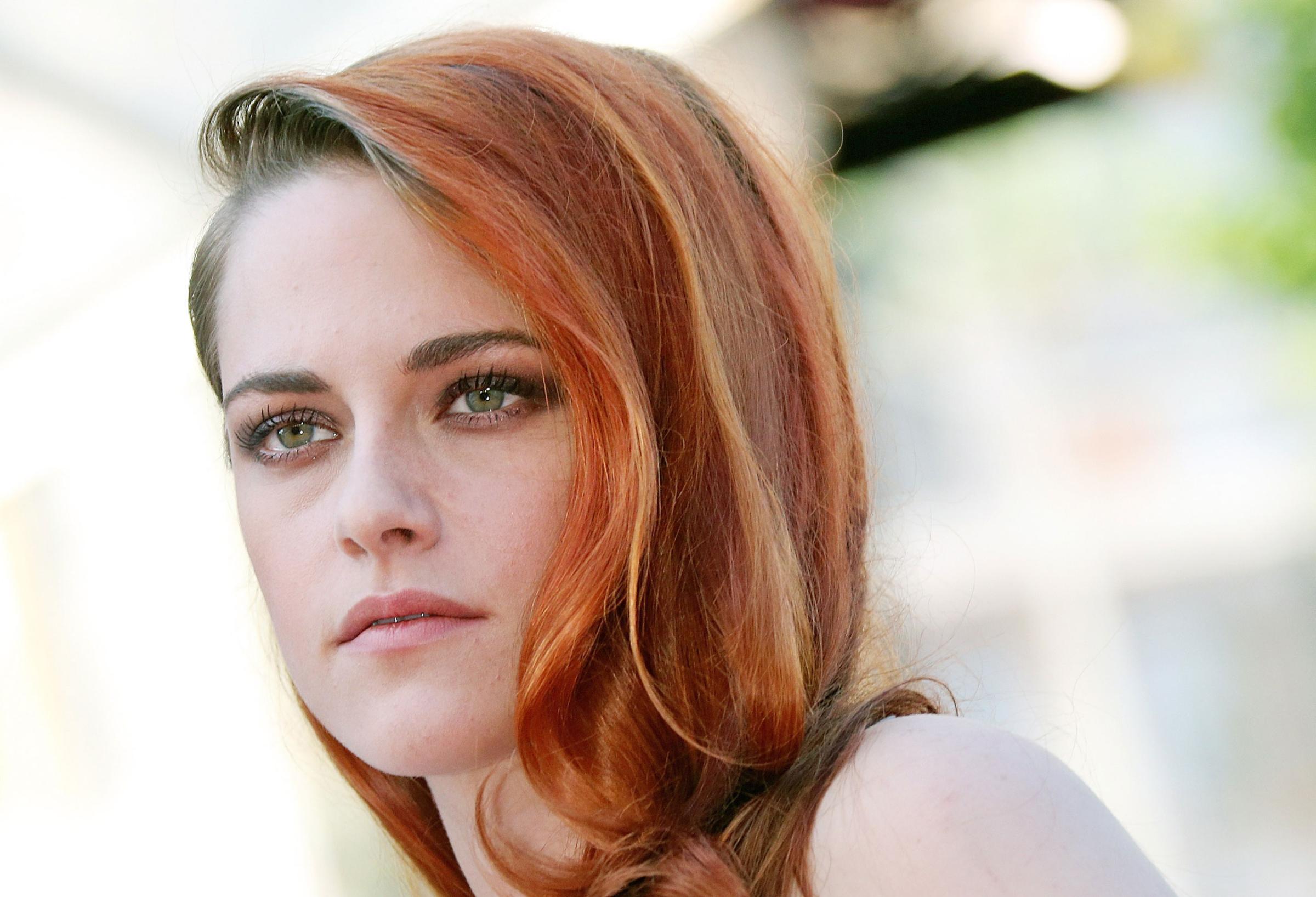
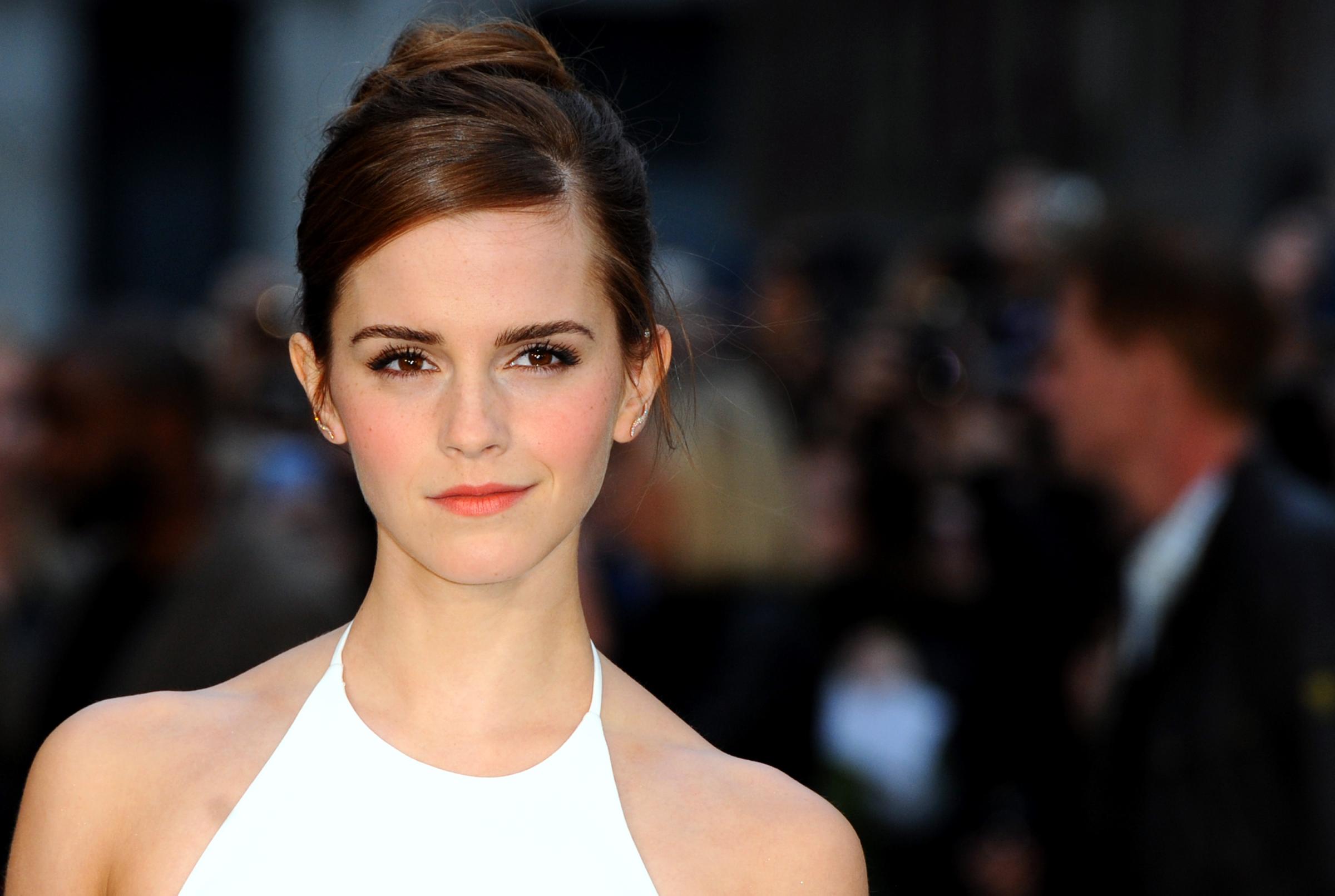
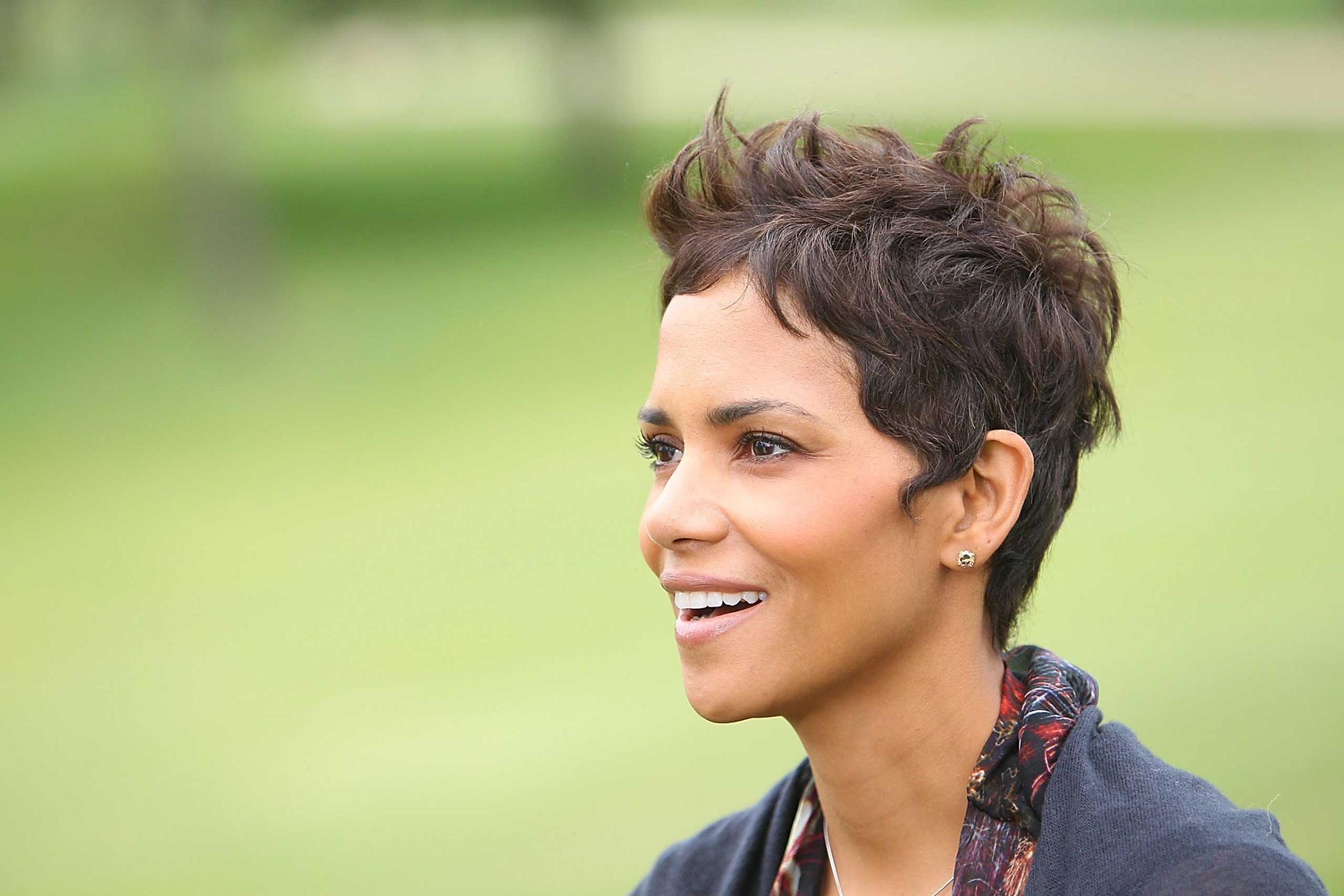
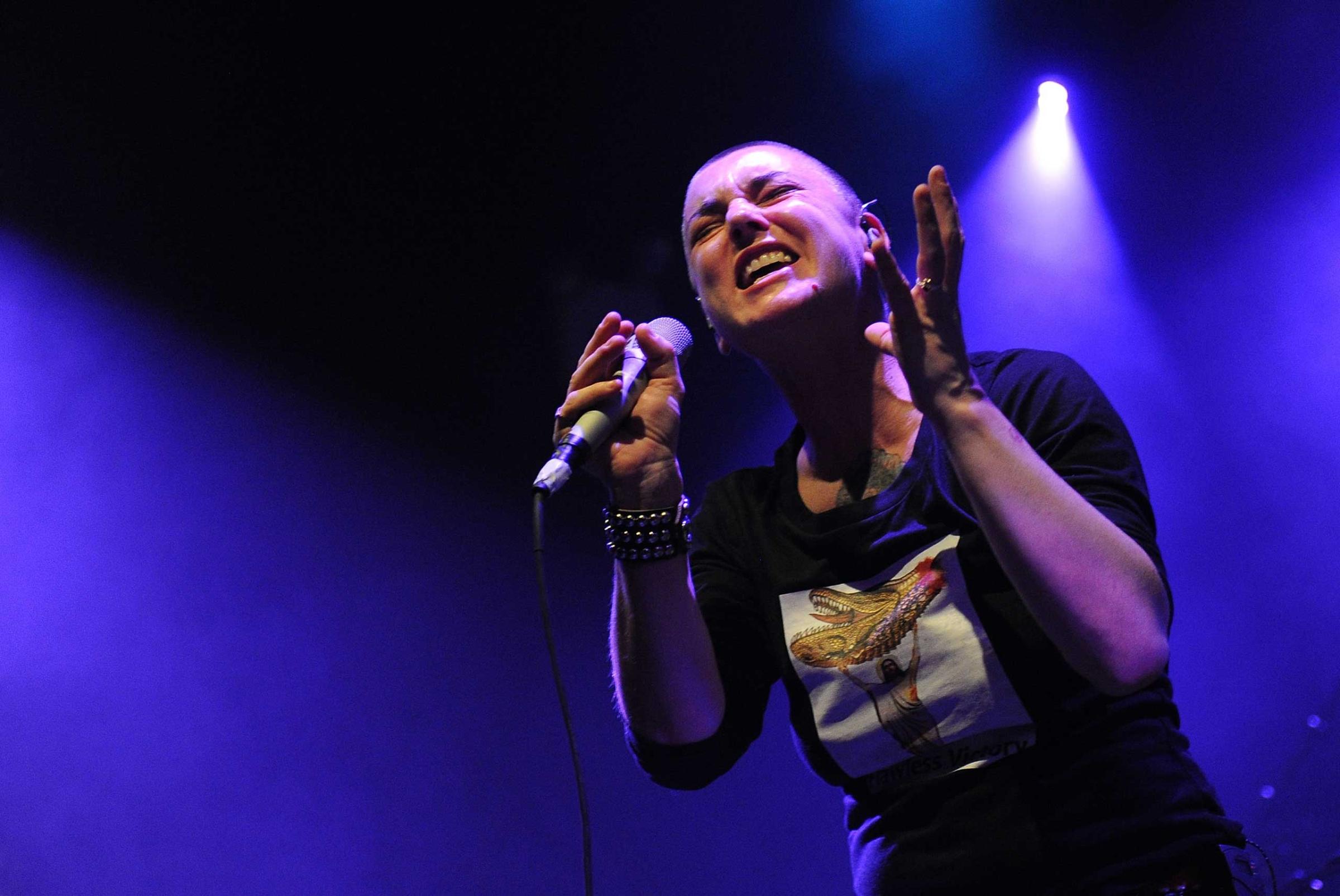
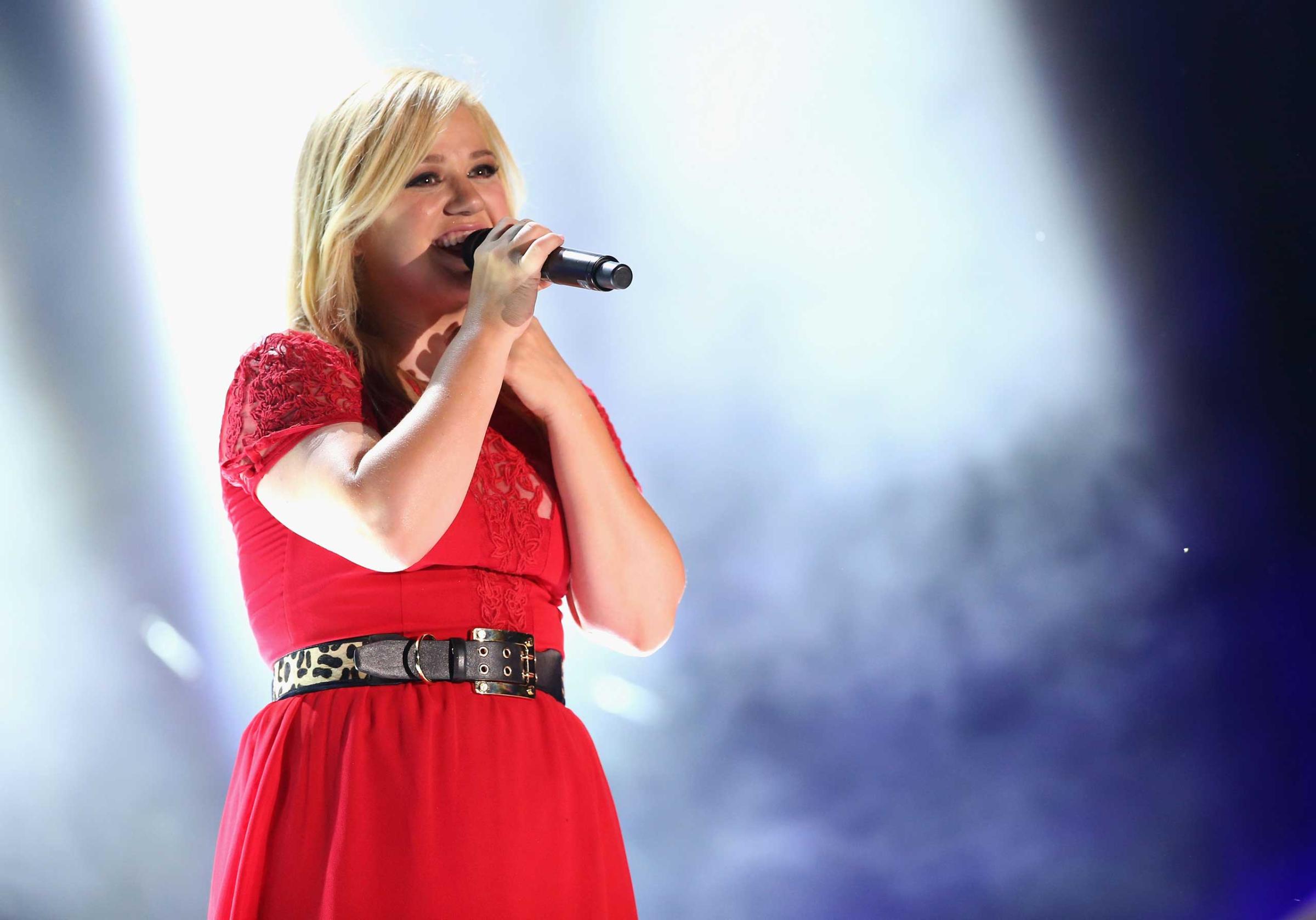
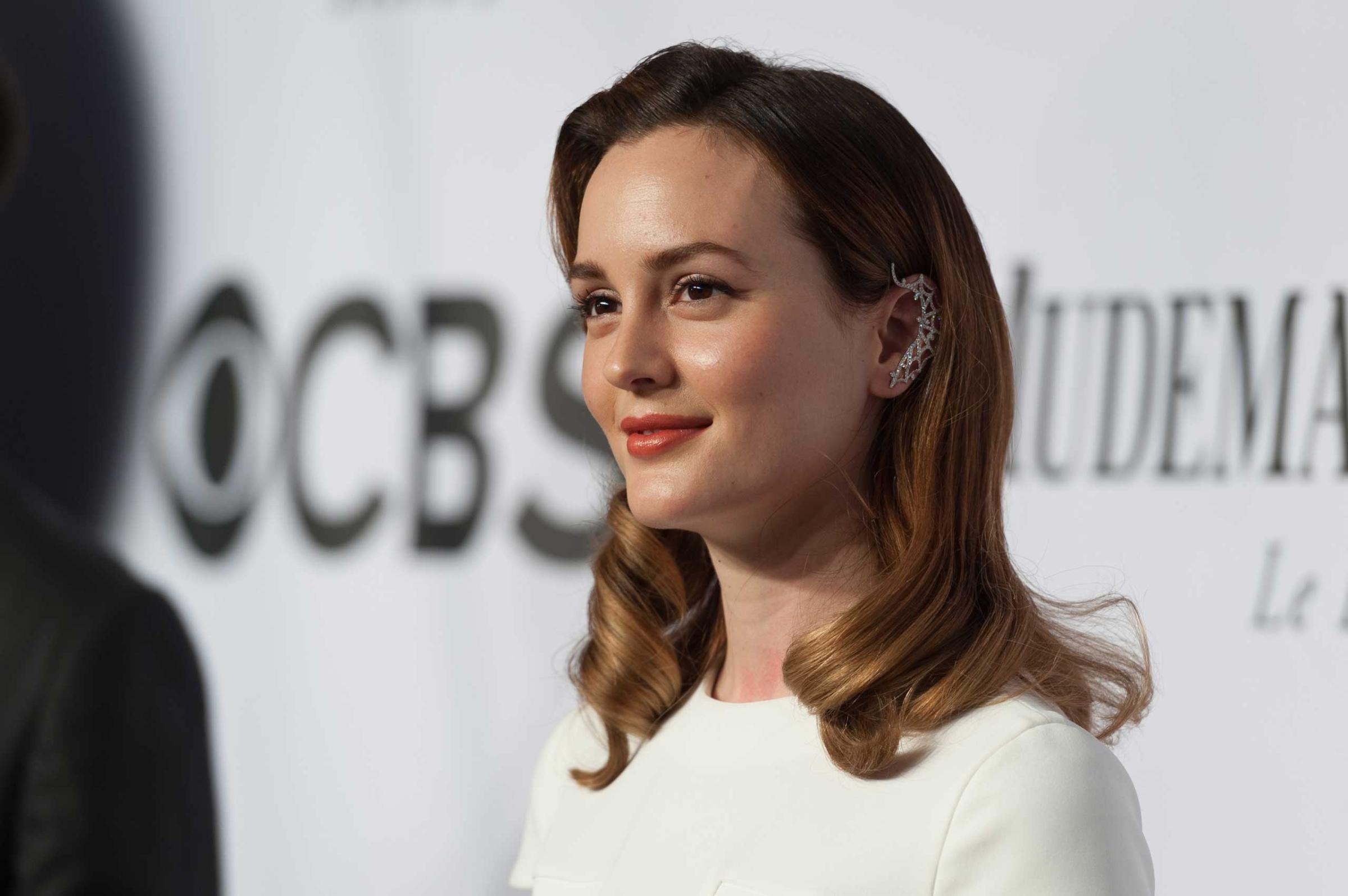
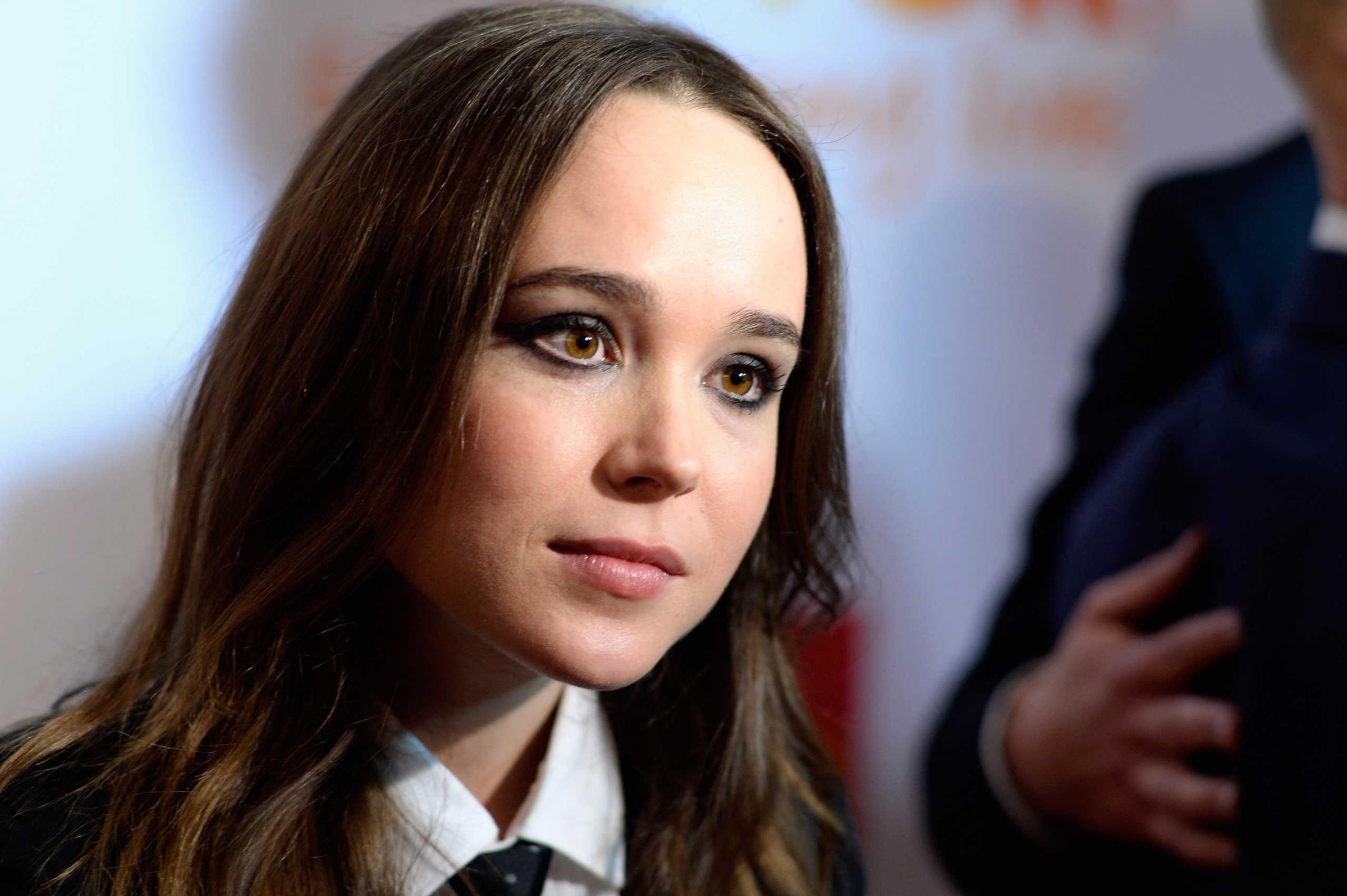
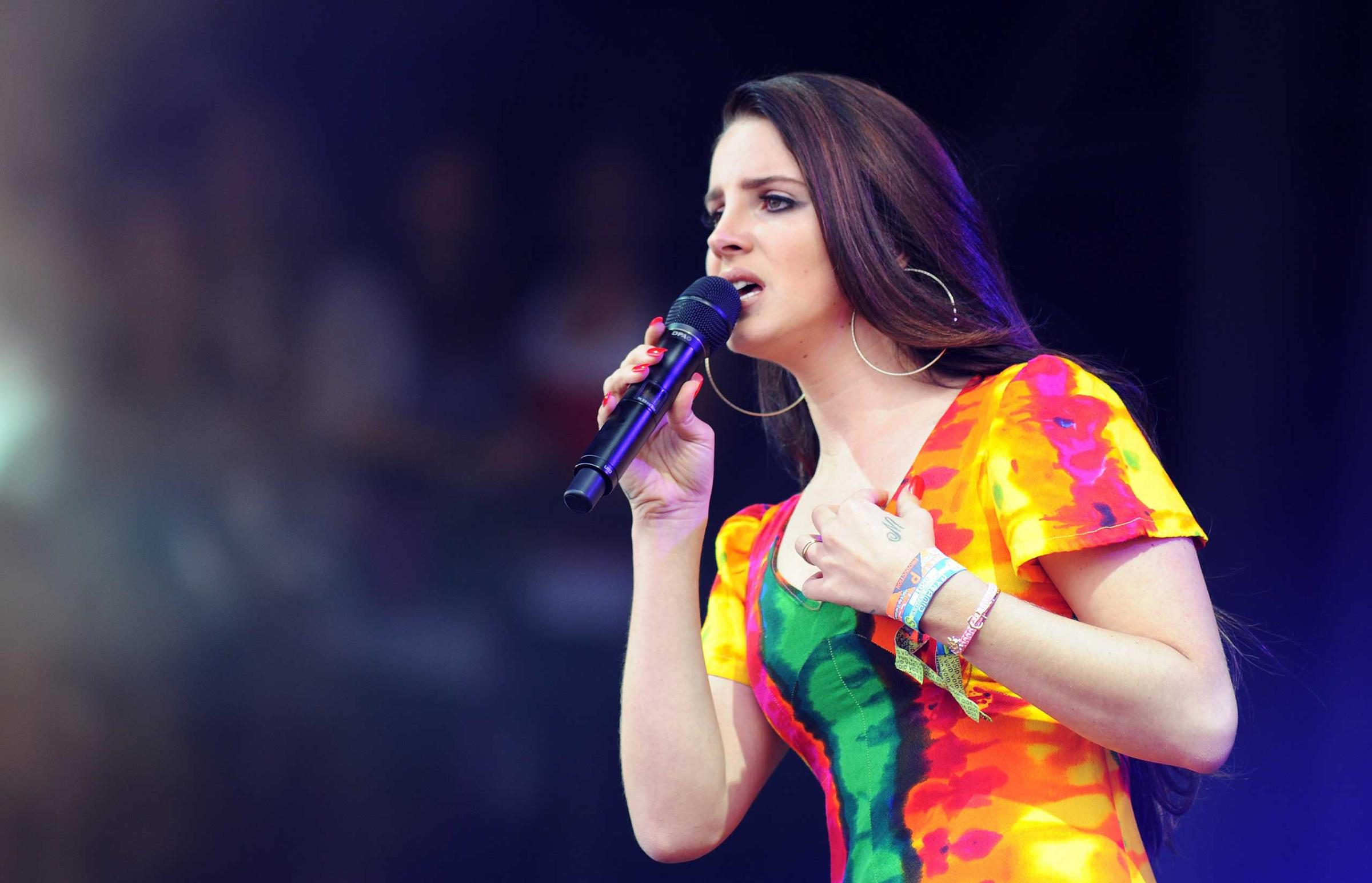
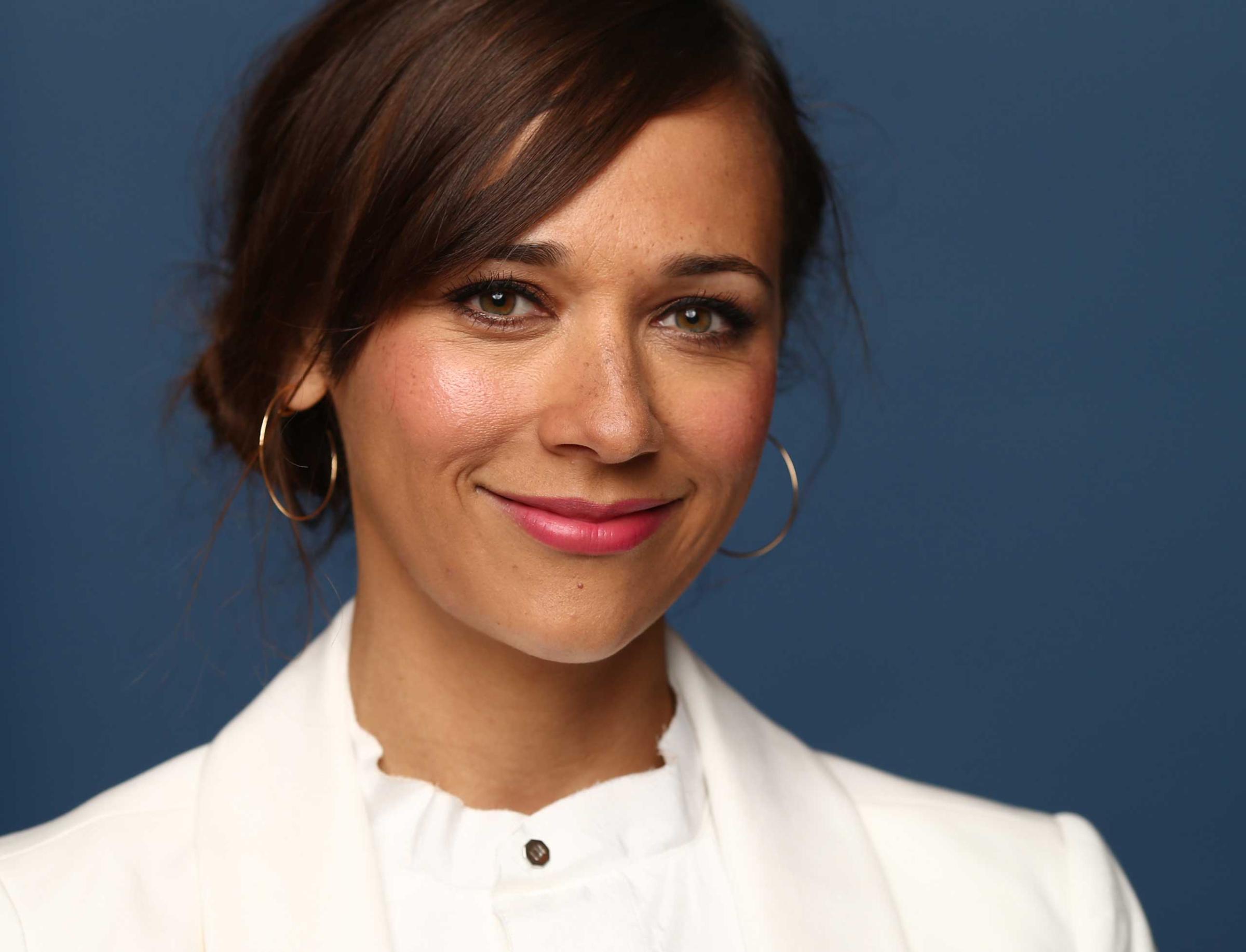
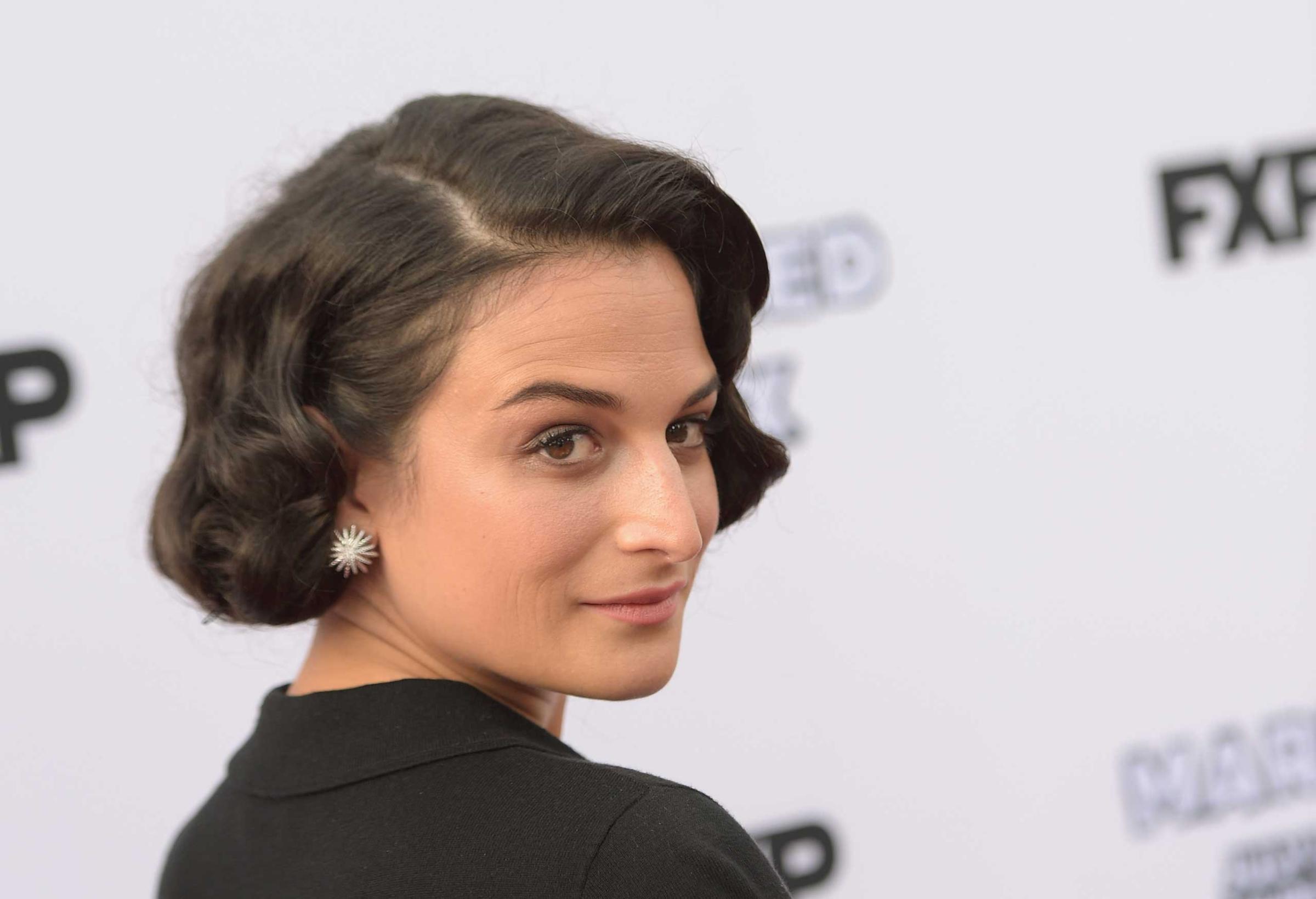
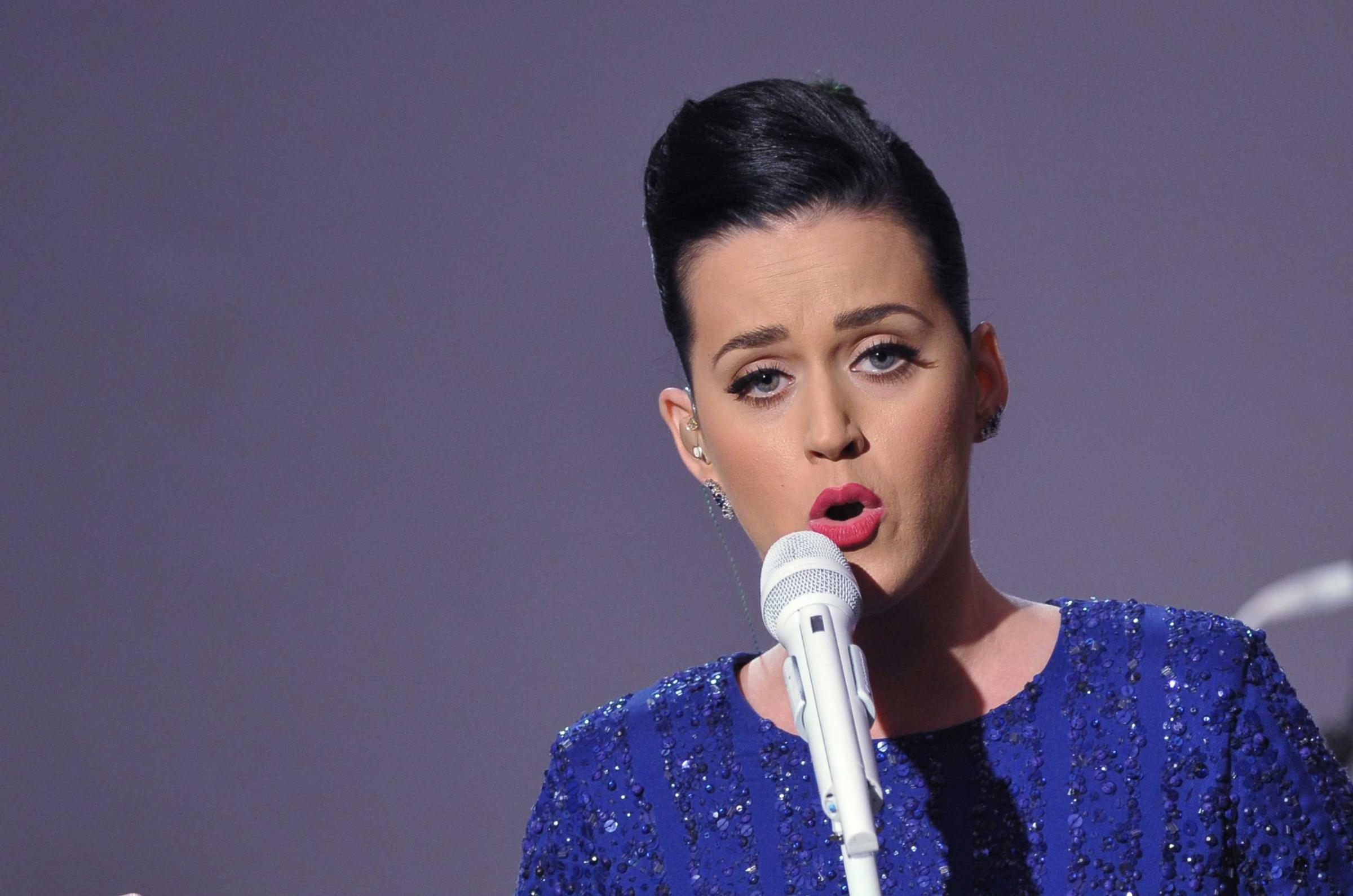
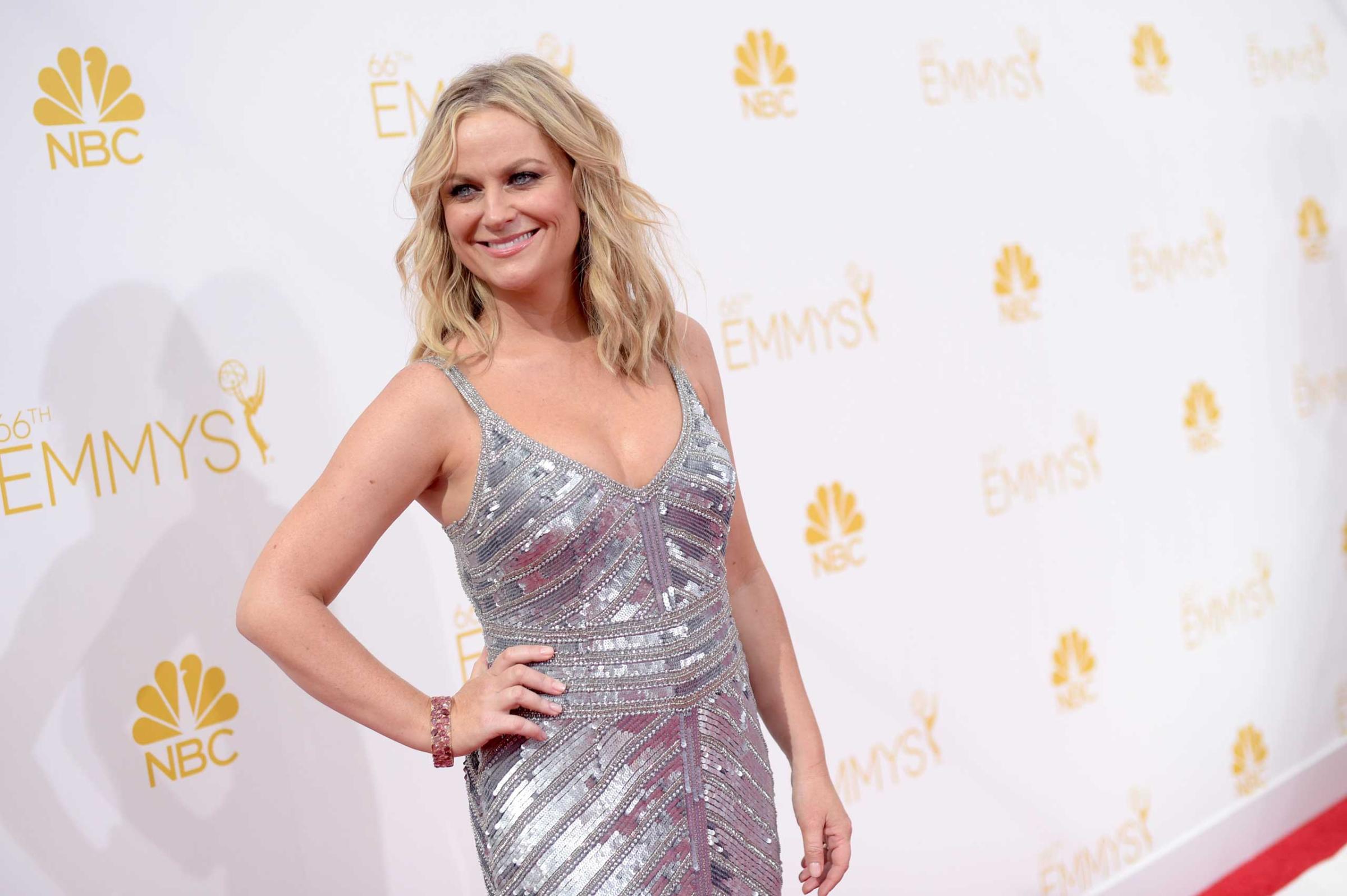
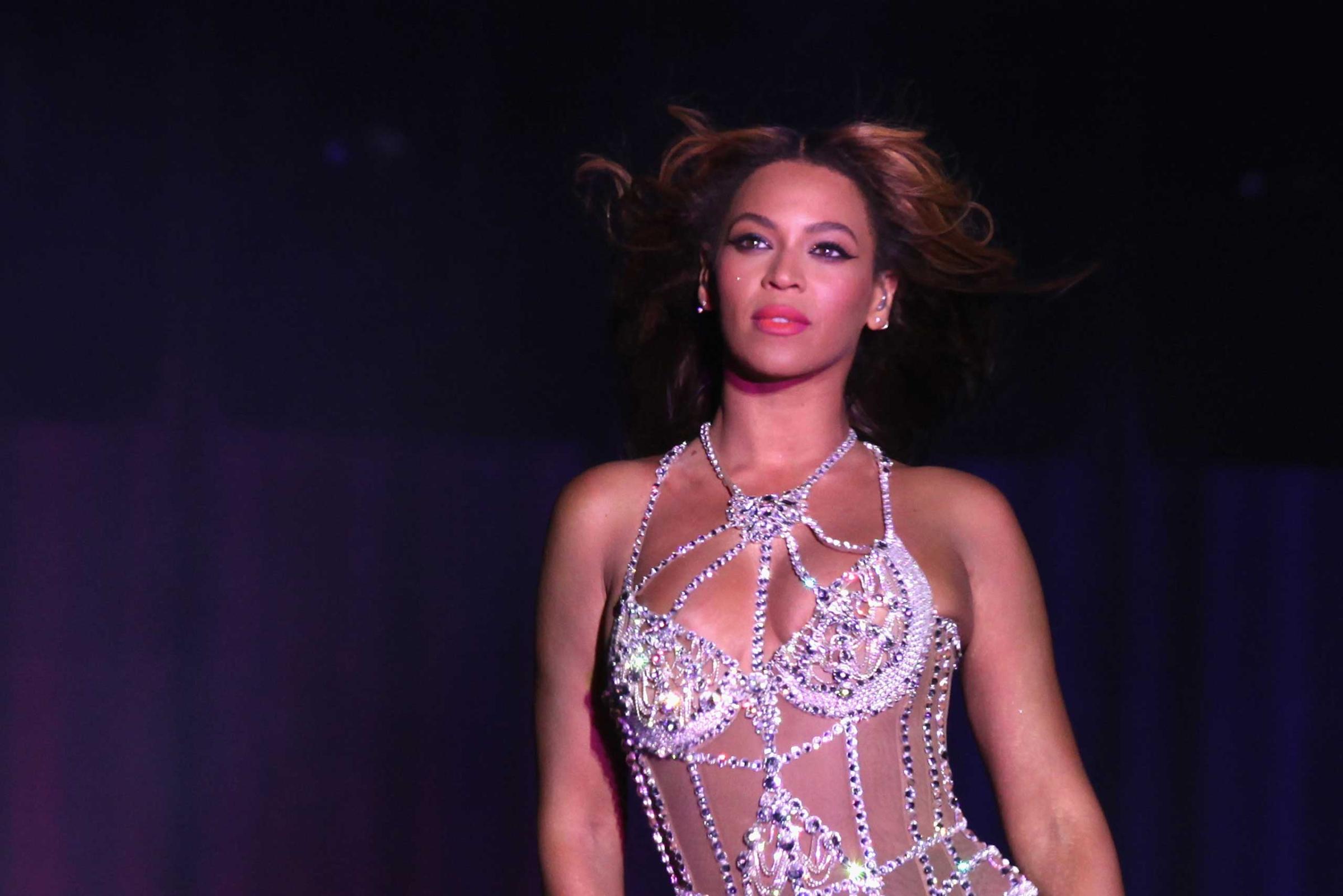
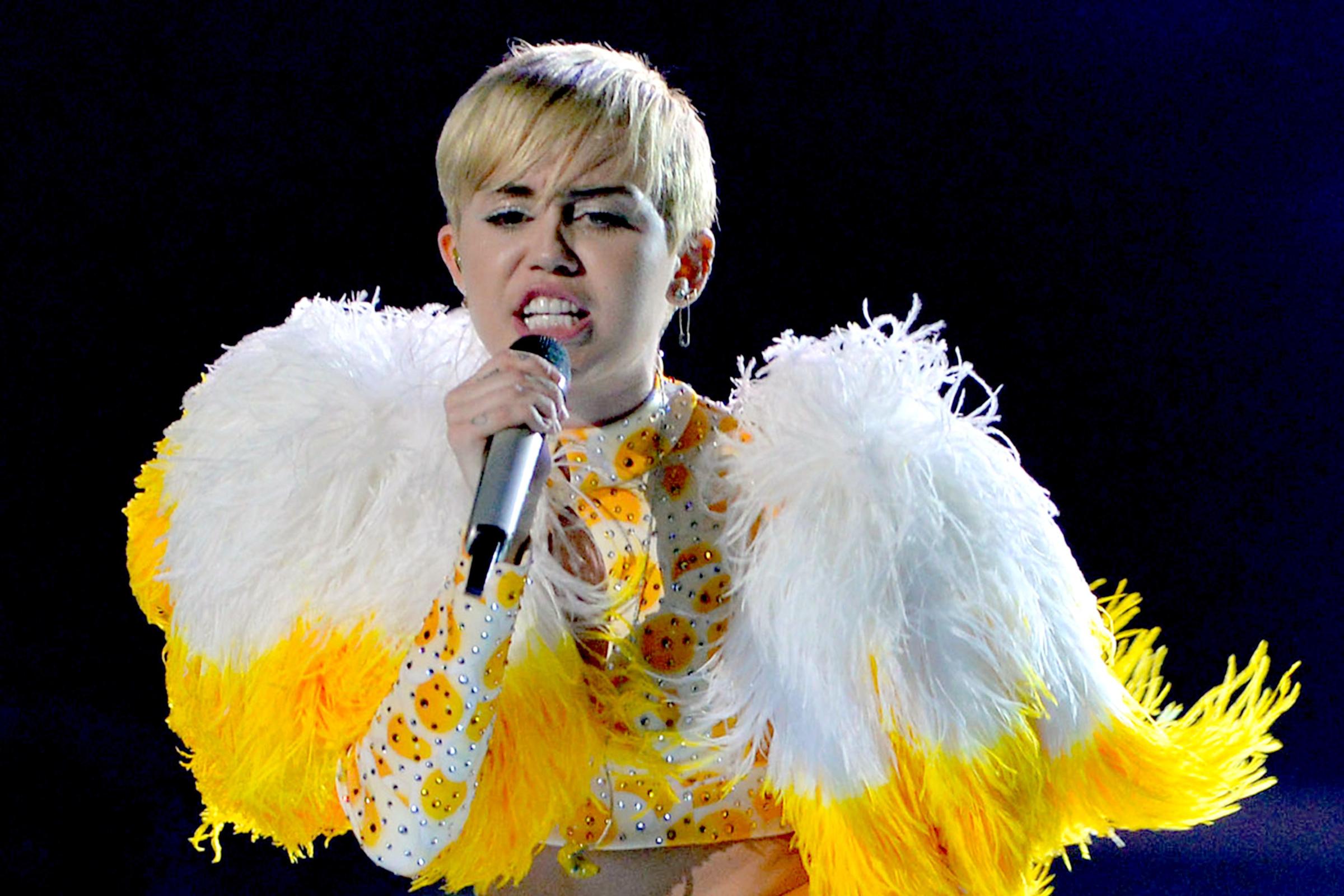
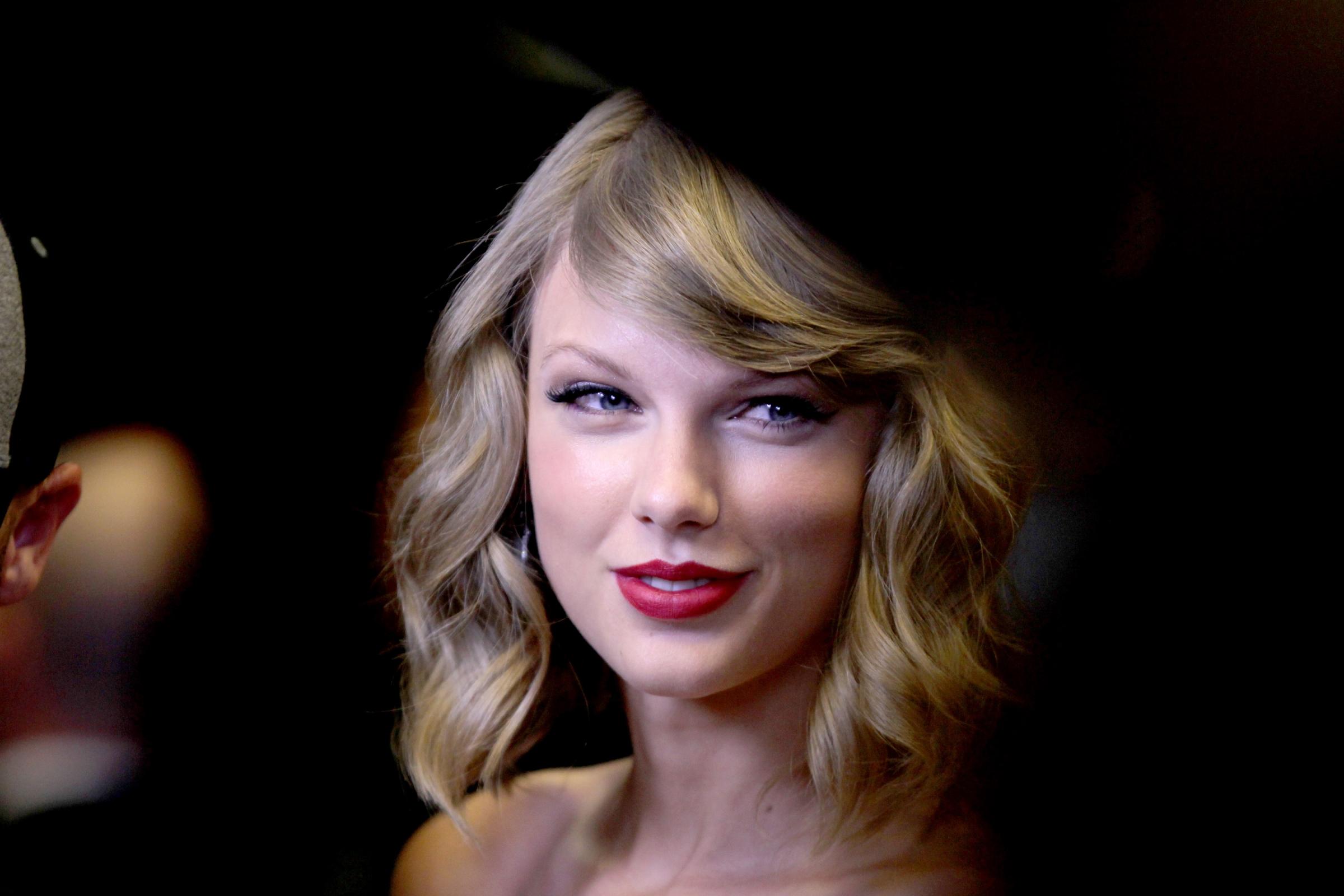
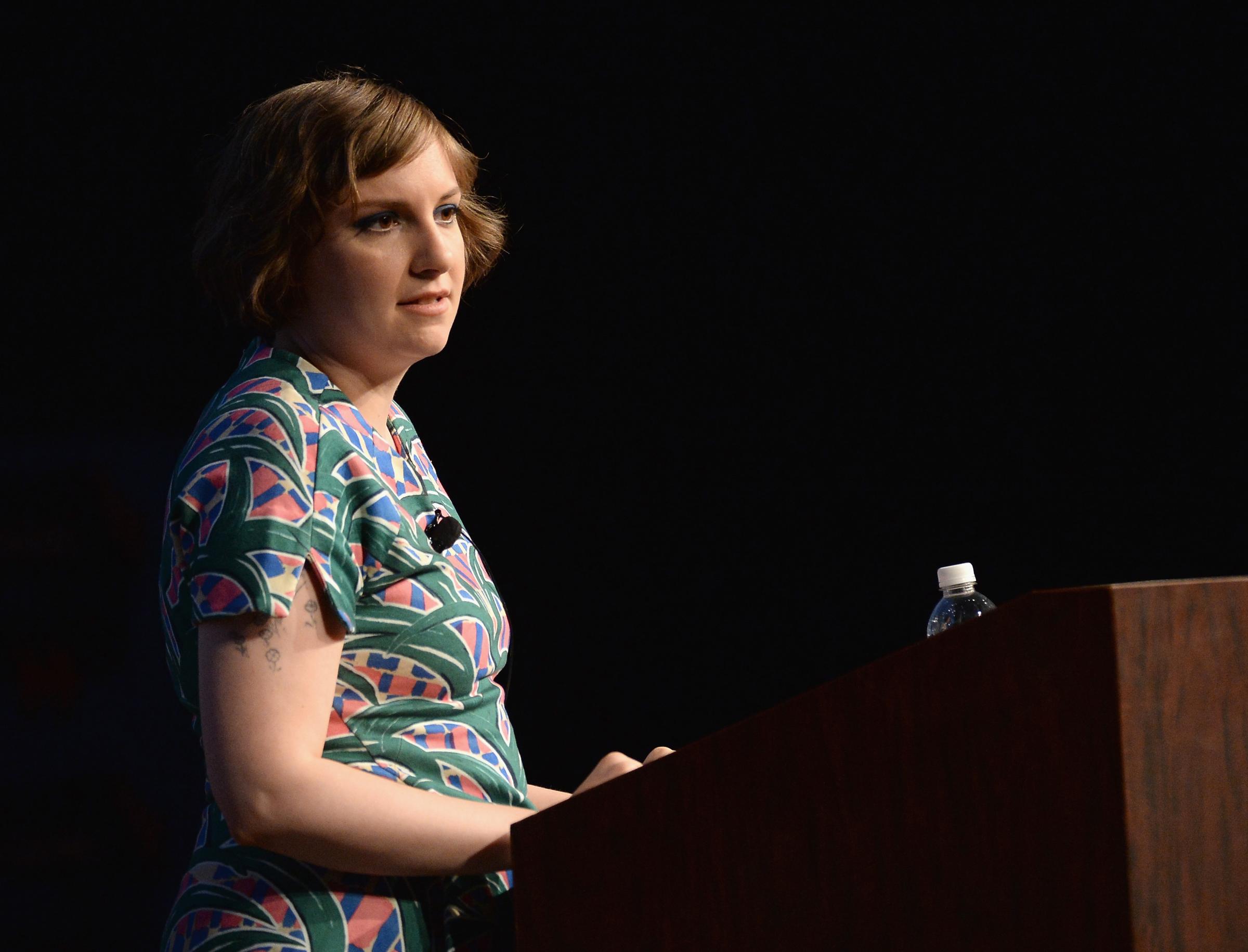
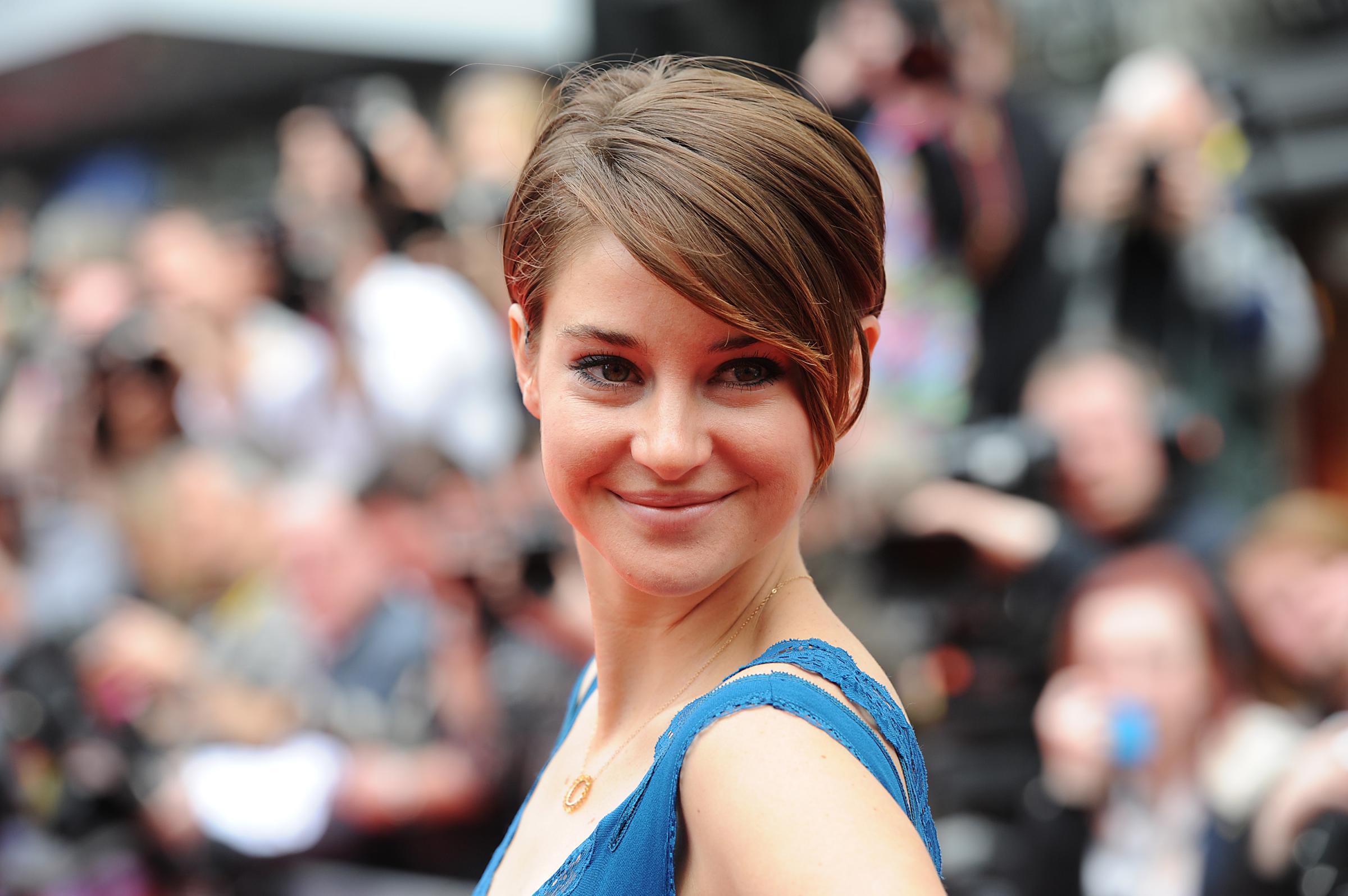
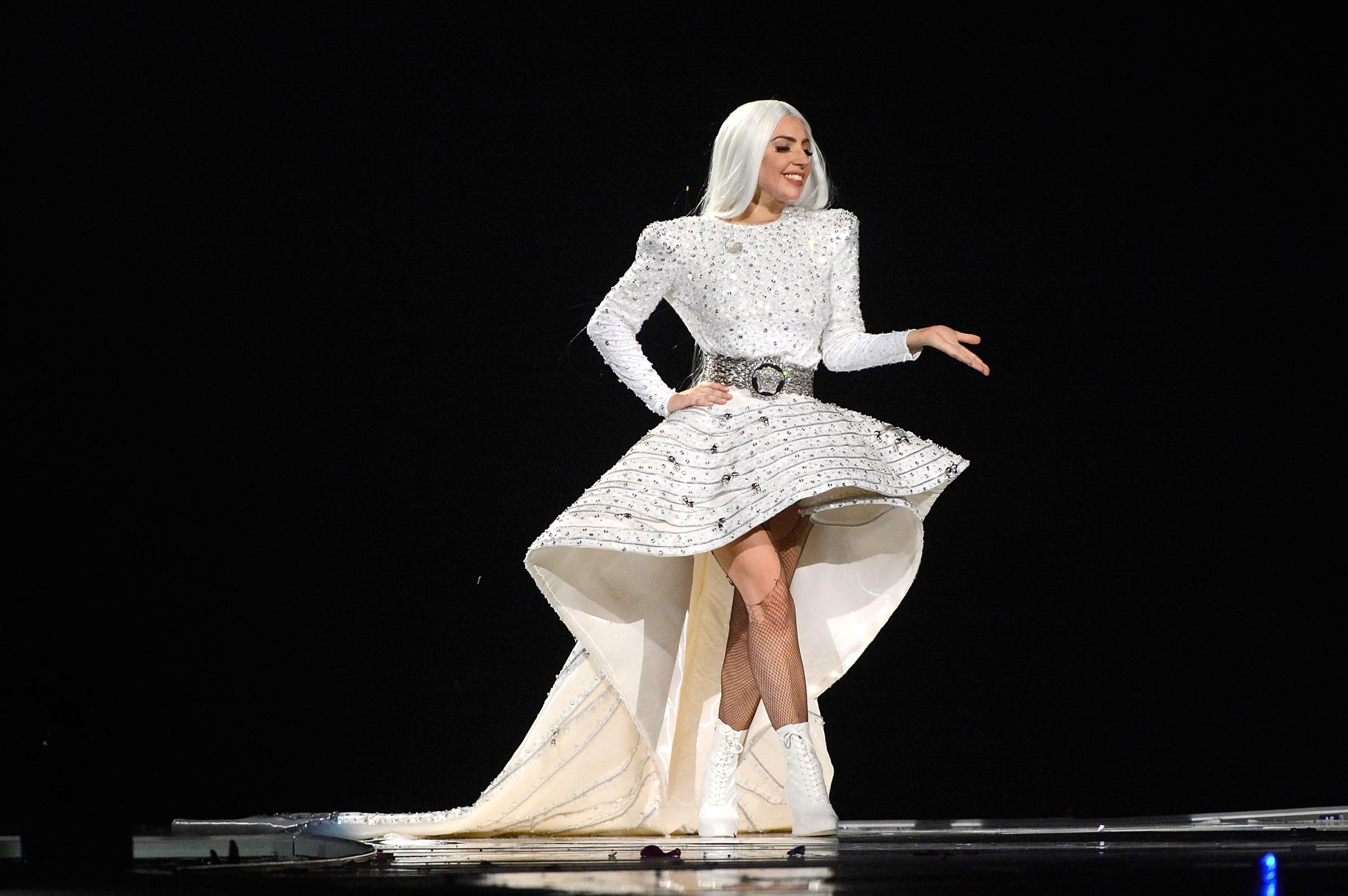
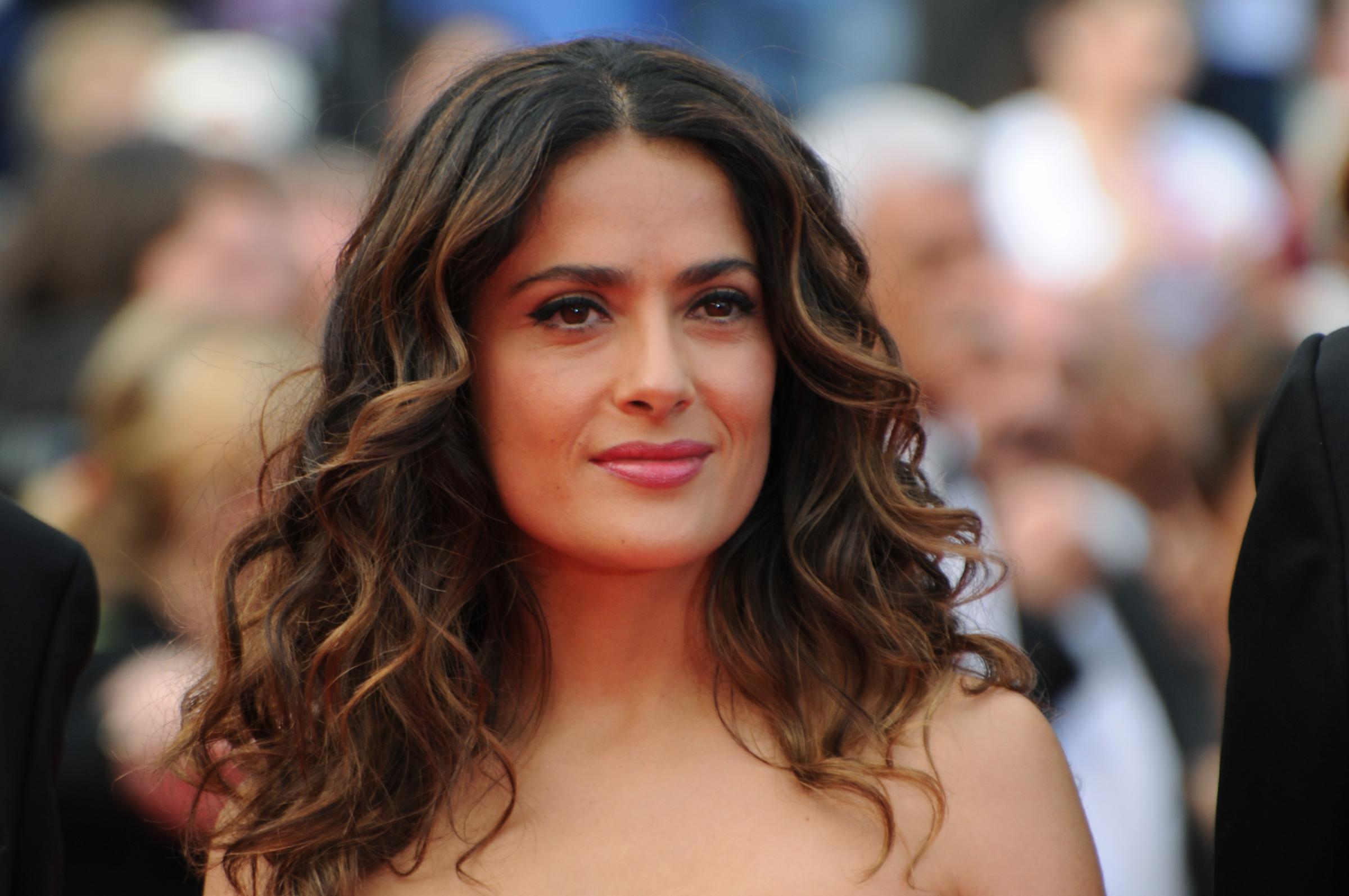
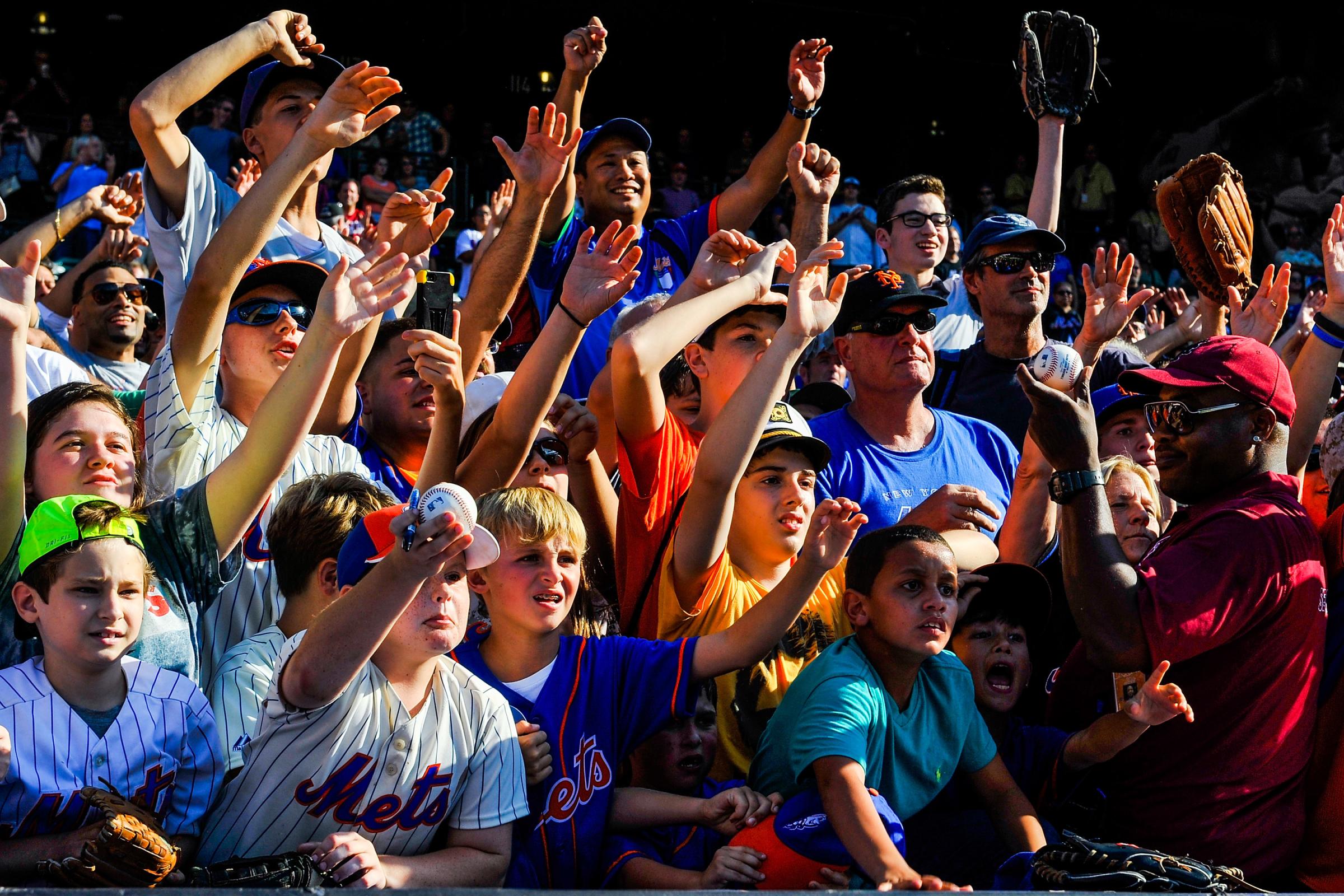
When you signed onto Freeheld, you were not publicly out—
I was very, very, very closeted.
So in 2014, you came out in a speech at a Human Rights Campaign conference. Did Freeheld convince you it was time?
I think it was a bunch of different things. It was my own internal journey—for the most part it was separate from all of this. But when you read Stacie and Laurel’s story, and you know you’re going to tell it, you think, “There’s no way you cannot be an actively out gay person if you make this film.”
I remember watching the Pussy Riot documentary and thinking, “Oh my God. The courage of these people.” It’s just like, “Dude, come out—just say you’re gay. You’re privileged, you have a family. You have no excuse.” It kind of got to the point of—I felt guilty, to be honest with you, and I believe I absolutely should have. It’s become kind of a moral imperative to speak up. I know there’s been so much progress, but there’s still so much suffering in America, in Canada, and all over the world.
Has coming out put you more in touch with your art?
One hundred percent. And even more than whatever it means to act, whatever it means to know that you’re living an authentic life. For me, the level of sadness and lack of inspiration and joy in general—that was hurting my work. I didn’t feel motivated. I was just depressed. Going to meetings, or trying to push for things: It was this little flame that was barely flickering anymore. The moment I came out, I felt every cell in my body transform. I was happier than I ever could have imagined. You feel excited about life, and motivated and inspired. You want to do more. You want to go on adventures. For the most part that was gone.
I think, given the level of career success you’ve enjoyed since Juno, people would be surprised to hear that you were depressed.
People are always surprised. The huge machine of Hollywood creates this false image of what success is that causes everyone to strive for this thing that’s just not real. A red carpet is not a real thing. It’s a part of—just like in any industry—getting something out there and needing to publicize it. That’s what presenting at an awards show is. People are working, it’s a business, you get your hair and makeup done, you go, and you push the project you’re working on, because that’s a huge part of your job which I’m happy to do. But for the most part, people, whether they’re gay and closet and struggling, or trans and struggling, or just human and having a hard time, that’s not going to get reflected.
What do you say to people who would be less inclined to see or emotionally invest in Freeheld, given that many see the gay-rights struggle in America as effectively having ended with the Supreme Court decision making marriage equality the law of the land?
That’s pure silliness, but yes. But in regards to the gay-marriage decision, we’re seeing tons of backlash. The anti-gay rhetoric of the right is turning into, “Gays are actually bigoted against us because we don’t get to express our religious freedom.” Religion has always been used for beautiful things, and also as a way to justify discrimination—whether it’s gender, or race, or the LGBT community, or what have you. Personally, I’m an atheist, so I just have no time for it. So that will be the next challenge.
But with this film, what I love about it, in regards to the personal meeting the political, is that it explores it on a macro level and a micro level. First, just do not treat people like second-class citizens. Please do not devalue our love. Do not make us compromise on how we share our love with another person. Saying that we cannot get married like heterosexual people can, that is what you’re doing. Please don’t give me this religious rhetoric. I don’t actually care. You are completely devaluing who we are as people.
In another way, because Laurel and Stacie are middle-class, it really breaks down these true, deep, logistical things that inequality creates, in terms of them just trying to live their life and get what they deserve as people. I hope those things compounded can help people learn more.
Is it difficult to make a movie that has so much to say politically but still needs to check the boxes of being interesting, engaging, and entertaining?
It’s not something I worry about. That’s not something on my mind. I guess you assume there are some people that just wouldn’t come see the movie. And you hope some people who don’t completely get it—the kind of homophobic people who don’t think they’re homophobic but are, the kind who say “I respect you, but don’t shove it in my face!”—you hope that it can help people see something different. Some people probably won’t even walk in the theater, but hopefully at some point in their life they have a moment that helps them see things differently.
This movie feels in many ways like it takes place in the distant past, and audiences may be surprised that this level of disdain and cruelty was common parlance so recently.
It still happens everywhere. There hasn’t been one GOP candidate, I don’t think, who’s outwardly spoken to a gay rights activist. There’s plenty of areas in places we consider gay havens or gay meccas that are not necessarily comfortable places to be existing as who you are or to grow up as who you are. That’s what really breaks my heart: The shame and toxicity that exists in people. Or some of the most homophobic people, the most violently homophobic people, probably just are gay themselves. That’s obviously going to be more of a massive societal consciousness change, which is probably going to take a while.
How does being from Canada affect your perspective? There, same-sex marriage has been legal since 2005, the year much of the legal battle depicted in Freeheld takes place.
Potentially, because when I was 17 it became legal in Canada. Let’s not get it twisted: Canada has a lot of issues, and a lot of similar issues in terms of racism, treatment of native people. My final year of high school was in a Buddhist high school, and everyone was somewhat queer. The joke was it was where all the kids in Halifax go to come out. But for the most part, Halifax has come a long way from when I was in high school. The difference I feel in Canada is religion is way less intense. That’s not to say there’s not lots of religious people in Canada who observe whatever religion they choose to partake in, but the rhetoric influencing politicians, laws, and human rights, is just not the same. For me, that’s what separates it.
Religious objections to gay rights are difficult, because these rights aren’t like opinions on taxation or other issues where a middle ground can be found. Objections to gay rights founded in belief run core-deep.
There’s lots of religious people who have evolved and changed. When you read the Bible, there’s Old and New Testament verses—the stuff that’s said about slavery is crazy! And of course that was used to justify something that was beyond comprehension. There’s been a really intense evolution on these things. And there’s been a lot of religious people who’ve thought gay people were completely sinful, going to go to hell, blah blah blah, who have totally transformed. Some of whom are then championed for it and others are kicked out of the church.
The tricky thing about religion is you can’t even have a conversation. You just cannot have a conversation. It doesn’t affect me: For me it goes in one ear and out the other. But when you think of young people who are potentially being preached to by said person and their parents believe it, and they happen to be gay or trans or what-have-you, they’re going to have a really, really challenging time. And that’s what’s so sad about it. Getting infused with that amount of shame into your body and into your mind. Potentially getting kicked out of your house. Potentially in a place where you’re homeless and every night of your life is life-or-death. That’s when I have no time for this religious argument. I don’t understand being part of a religion where your religious liberty or your religious freedom is based on other people not being treated equally. I don’t understand that—I really don’t.
The thing that’s hard is a lot of the time—and there are lots of religious people who don’t feel this way—but those who do, it’s so hard to even have a conversation. I mean, you can. Everyone’s typically quite polite. But they’re telling you who you are is wrong and at some point you will find God, and I’ll be with a man. And I’m like, “Well, not gonna happen, but you enjoy your time in heaven. I’ll be down in hell.”
More Must-Reads from TIME
- Cybersecurity Experts Are Sounding the Alarm on DOGE
- Meet the 2025 Women of the Year
- The Harsh Truth About Disability Inclusion
- Why Do More Young Adults Have Cancer?
- Colman Domingo Leads With Radical Love
- How to Get Better at Doing Things Alone
- Michelle Zauner Stares Down the Darkness
Contact us at letters@time.com